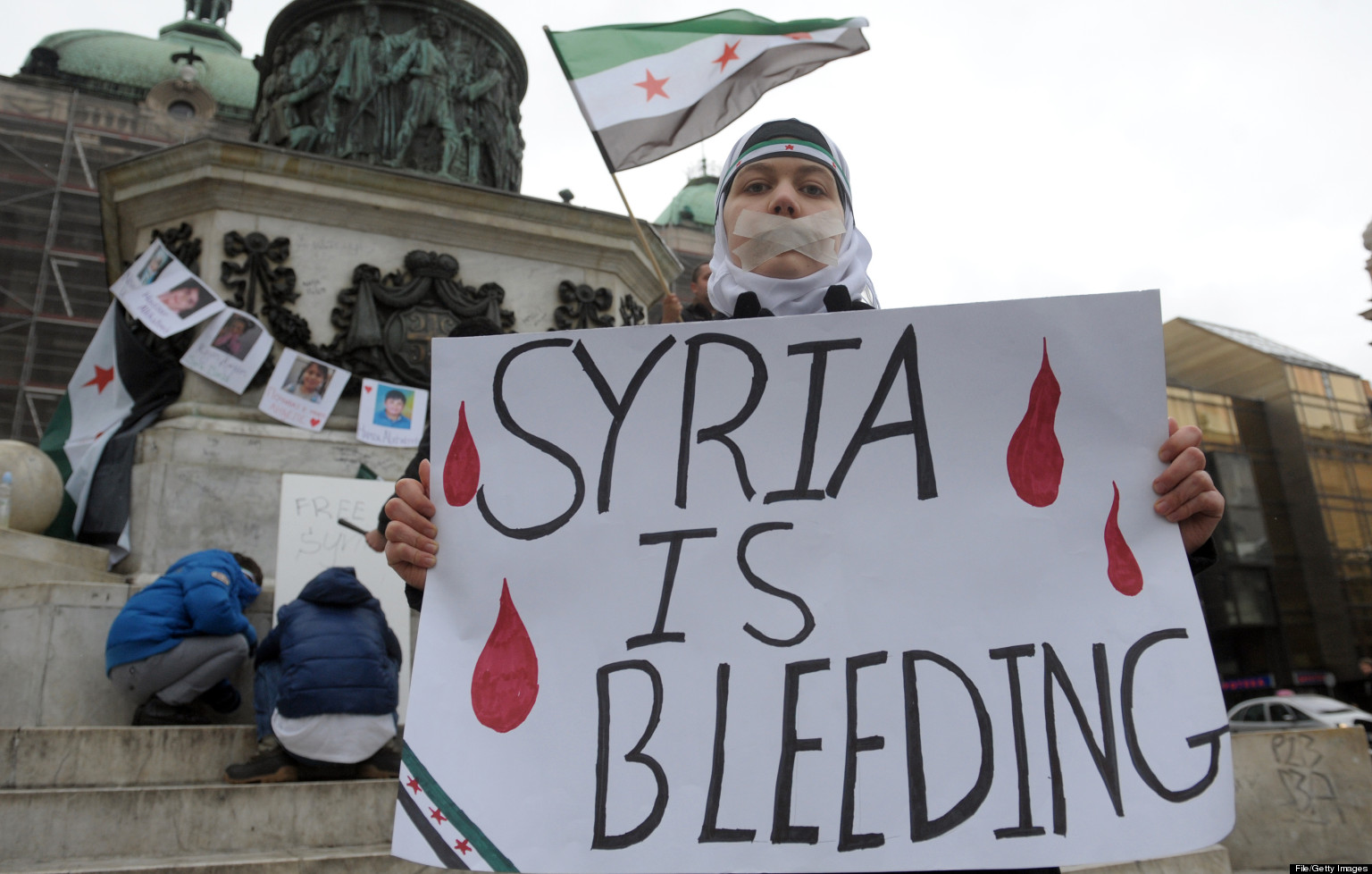Edited by Sean Feely

The analysis that the American analyst Daveed Gartenstein-Ross gave to the U.S. Senate Committee on Foreign Relations drew a bleak picture of the future of the situation in Syria.
Ross said that American intelligence predicts the continuation of the crisis in Syria for at least the next ten years. He questioned the United States’ desire to end the conflict, saying, “It lacks the real desire to end the war in Syria.”* He added, “The major role jihadists now play in the opposition has deterred Western countries and others from throwing significant weight behind” the fall of the regime.
The American intelligence estimate is not very far from the expectations of the intelligence services and politicians in the region. The path of the conflict clearly indicates two essential concepts: the inability of the two parties to achieve military takeover and the deficit of diplomatic options for settling the conflict politically. The failure of Geneva II is a vivid example of this.
Soon, Assad will run for office in the new state, and, naturally, he will win. The battlefield progress made by the Syrian Army and the international [community’s] failure encourages Assad not to retreat. However, Assad’s victory does not mean anything on the battlefield. The conflict will continue on all fronts, with opposition forces and extremist groups, without any chance of victory. That means, simply, the continuation of the war for years.
The result is this tragic choice for the future of Syria. The war does not just drag on in terms of causalities and blood; it means the disintegration of a united Syria, in terms of population and geography.
It is not possible for the multiple sects and ethnic groups to remain united after ten years of fighting. What models there are in contemporary history suggest otherwise. Yugoslavia is one example. Ukraine might be on the road to division even without a civil war.
In the Arab world, Iraq is still incapable of maintaining its territorial integrity. Somalia failed before and, last but not least, Sudan.
Syria might not face the danger of division in the short term but it faces a greater threat, which is deconstruction. That is a thousand times worse than division. Deconstruction means the end of centralized power without being replaced by alternative authorities capable of imposing effective control. So the country will become islands of various sizes governed by armed groups and gangs which will continue fighting endlessly and senselessly.
A case such as this will push more Syrians to seek refuge outside their homes. In comparison to the current number of refugees, no less than 5 million Syrians will be added to the refugee rolls in the next 10 years.
It seems from recent developments that the regional and Arab powers have completely accepted this tragic truth in Syria. It is in their hands, but they are waiting for a miracle. The miracle here is the U.S.-Russian deal to solve the crisis.
However, if we assume the validity of this estimate, then the ability of the American and Russian poles to impose a settlement on the ground diminishes with the passage of time. The Russians and the Americans may not find anyone to listen to them amongst the Syrian groups. Inevitably, the “jihadi” groups will not comply with their orders.
At the beginning of the crisis, it was said that the solution was in the hands of the Syrians themselves. However, that opportunity was lost. The issue of the crisis has moved to the hands of the Arabs. They failed as usual to contain the crisis. Then the issue moved on and became distinctly international. However, the divided international community has failed miserably.
What has really happened is that at each stage, the body that received the issue became party to the conflict — the Arab states and then the major powers. As a result, they all have Syrian blood on their hands. All of them are searching for roles in Syria, and this is not the solution.
In such a situation, the resolution in Syria will be the discussion of the continuation of the crisis for the next ten years!
*Editor’s Note: This quotation, accurately translated, could not be verified.

Leave a Reply
You must be logged in to post a comment.